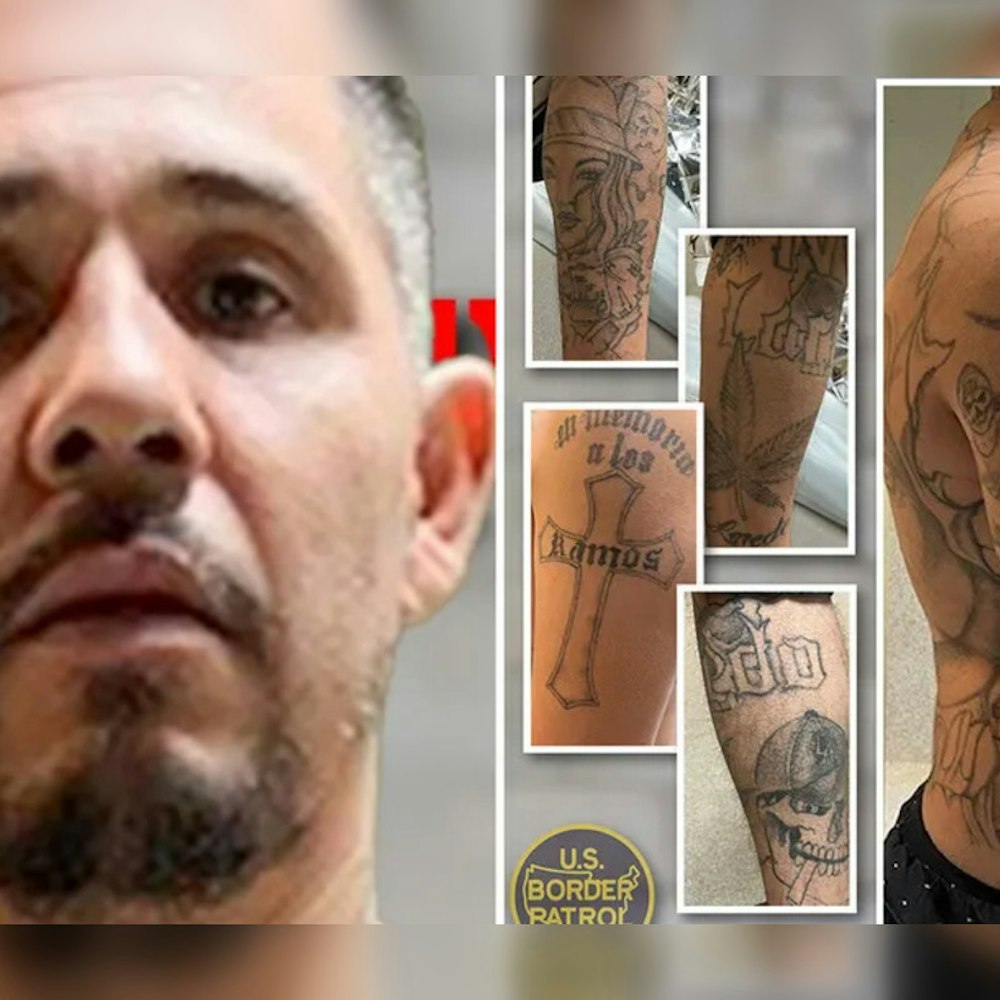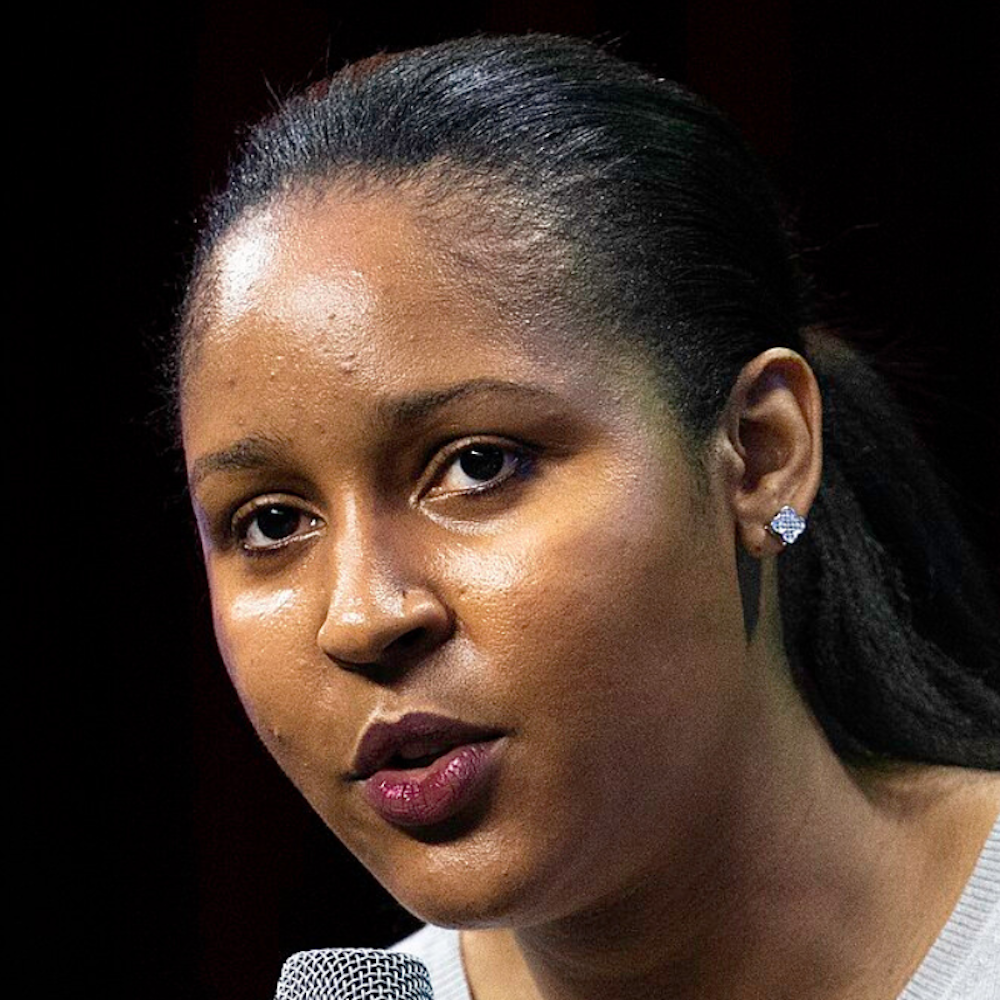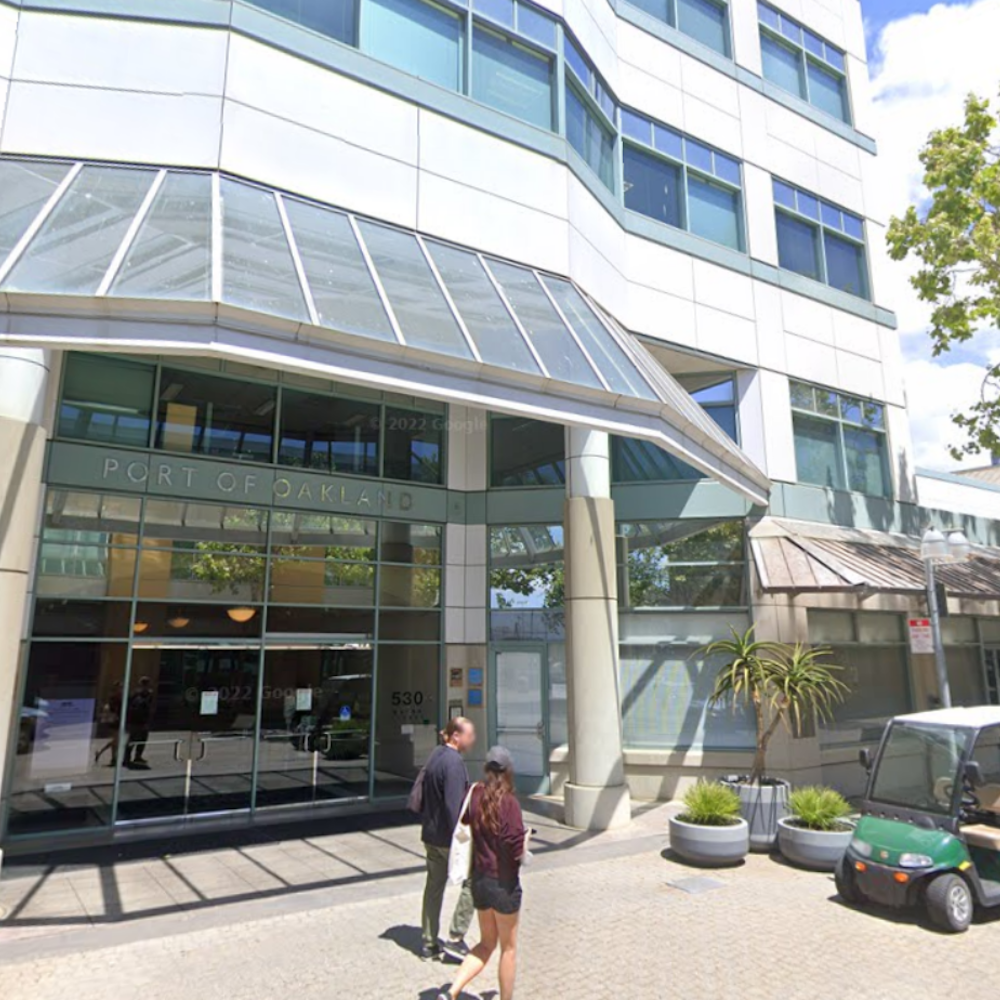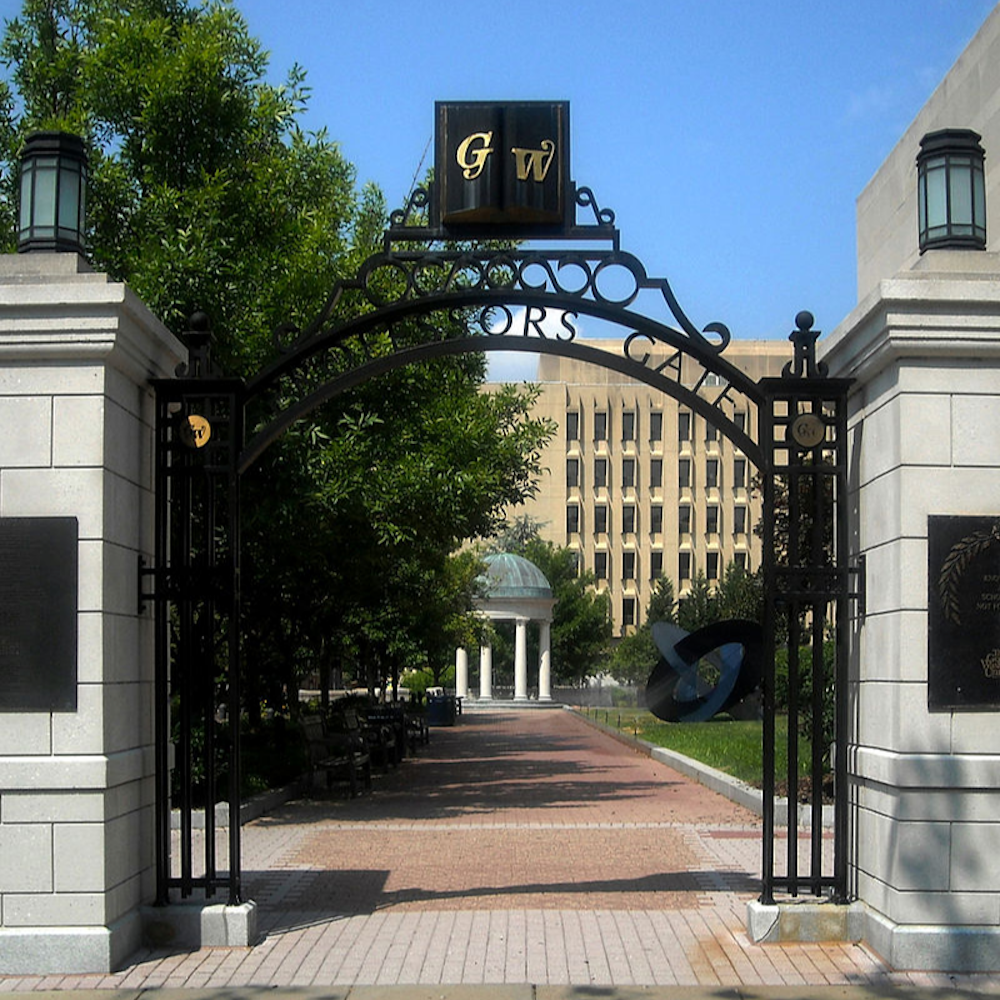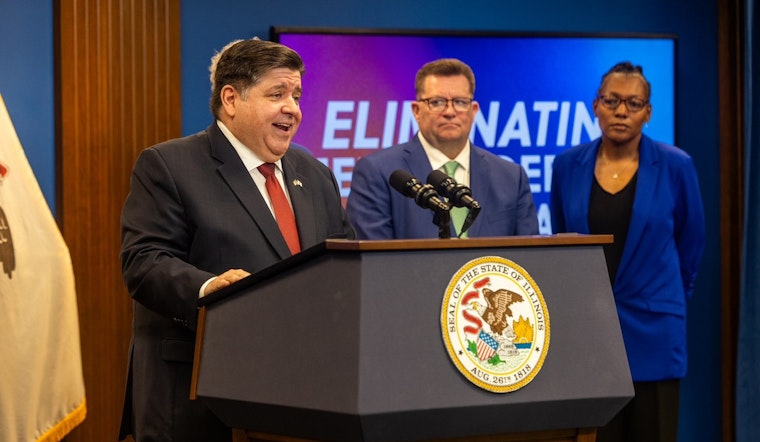
Gov. JB Pritzker is taking a bold step to address the medical debt crisis in Illinois, aiming to wipe out a staggering amount for beleaguered residents. Pritzker announced his plan to scrap $1 billion of medical debt, providing relief for an estimated 340,000 Illinoisans in the process. This comes as a part of a broader effort to abolish a whopping $4 billion in medical debt statewide.
Teaming up with Cook County Board President Toni Preckwinkle, who is known for piloting the nation's first medical debt relief program through local government, Pritzker has put forth a proposal that's set to start with a $10 million allocation in the upcoming fiscal year. According to a statement obtained by Chicago Sun-Times, Preckwinkle's initiative managed to abolish over $348 million in medical debt for more than 200,000 residents since 2022. Pritzker's push builds on that success, eyeing a cost of about a penny for every dollar of medical debt it erases.
The state is looking to partner with the nonprofit Undue Medical Debt, which negotiates for the bulk purchase or donation of medical debt from hospitals and health systems. Such debt is often sold on secondary markets, and for every single dollar donated to the nonprofit, $100 of medical debt can be forgiven.
Loyola Medicine has already jumped on board with the governor's plan. They've pledged to forgive $112 million in medical debt, which will impact over 60,000 Illinoisans. As reported by CBS Chicago, Pritzker stressed the significance of the effort, recognizing that far too many patients leave hospitals with not just physical scars, but financial ones that can lead to credit ruin and potential bankruptcy.
Medical debt disproportionately affects people of color, with Preckwinkle highlighting that Black adults are 50% more likely, and Hispanic adults 35% more likely, to hold medical debt compared to their white counterparts. "They also told us about the relief and gratitude they felt when they finally had their debt abolished," Preckwinkle told the Chicago Sun-Times, emphasizing the psychological burdens lifted from individuals by such initiatives.
One of those impacted, John Cook, a Cook County resident, opened up about his disbelief upon learning his medical debts were cleared post-emergency heart surgery. "I think that it’s just great work, President Preckwinkle, that you’ve begun. And now it’s inspired by Gov. Pritzker as well, and this is the direction we should be going in," Cook said in a Chicago Sun-Times interview. With the state's program likely to be incorporated into the budget appropriations measure, Illinois lawmakers are working against a self-imposed May 24 deadline, despite expectations that negotiations might stretch into the final days of May.

